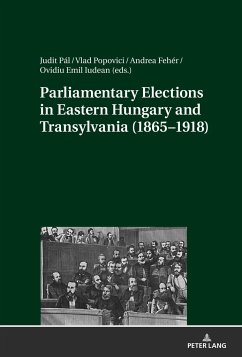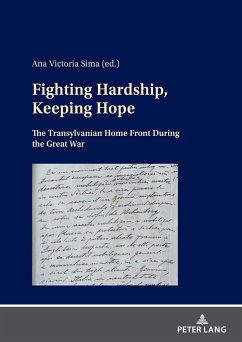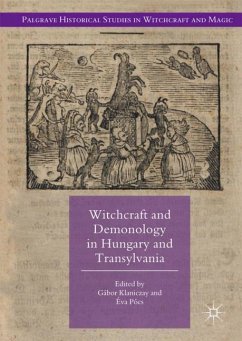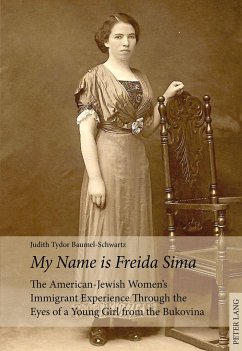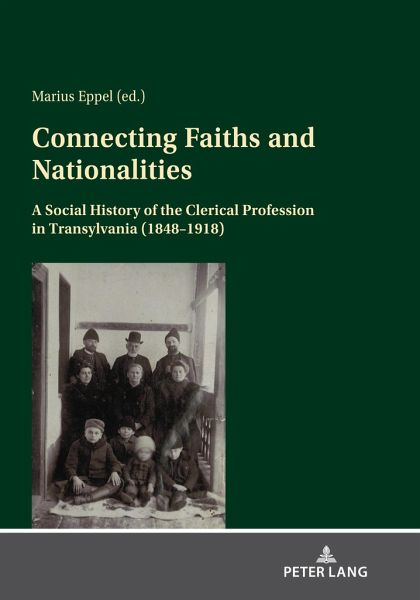
Connecting Faiths and Nationalities
A Social History of the Clerical Profession in Transylvania (1848-1918)
Herausgegeben: Eppel, Marius
Versandkostenfrei!
Versandfertig in 6-10 Tagen
55,60 €
inkl. MwSt.

PAYBACK Punkte
0 °P sammeln!
This book examines the socio-professional background of the clergy in Transylvania, between 1848 and 1918, with a view to offering a comprehensive perspective on the clerical profession across various religious denominations. During the modern period, Transylvania was integrated in the Habsburg Empire and, as of 1867, in Dualist Hungary. As such, it represented a meeting ground for different ethnic groups and denominations. The prerogatives of the clergy could surpass their primary calling as spiritual leaders. They gradually assumed the role of intercessors between communities, higher ecclesi...
This book examines the socio-professional background of the clergy in Transylvania, between 1848 and 1918, with a view to offering a comprehensive perspective on the clerical profession across various religious denominations. During the modern period, Transylvania was integrated in the Habsburg Empire and, as of 1867, in Dualist Hungary. As such, it represented a meeting ground for different ethnic groups and denominations. The prerogatives of the clergy could surpass their primary calling as spiritual leaders. They gradually assumed the role of intercessors between communities, higher ecclesiastical institutions, the government, and local authorities. Sometimes, they also took on the role of de facto leaders of the national and political emancipation movements.






